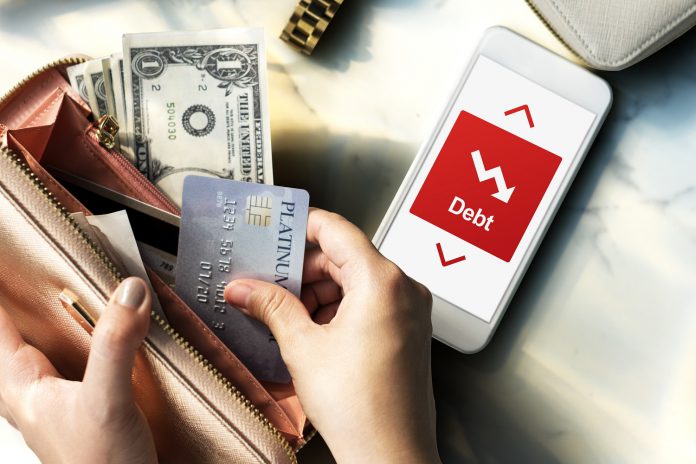Credit cards offer unprecedented convenience. Whether you need a cup of coffee or want to purchase a brand new phone, a simple swipe will do the trick.
But convenience often comes at a price, especially if you are not careful about managing your money. Before you realize it, you may end up incurring a massive debt on your cards which may adversely impact your credit scores.
Our experts share their best tips to manage your credit card debts:
Identify your major expenses
First up, it is crucial to identify your problem areas. Why have you incurred so much debt? The answer is usually in your credit card statement. Peruse through it with a fine-tooth comb and you will be able to understand the big-ticket items. Are you spending too much too soon?
Always a have a budget
A credit card doesn’t mean having a free reign to spend as much as you please. In the end, you have to pay your credit card bills. Instead of going on a mindless spending spree, work out a budget. This will help you to stay on track with your spending. Make it a point not to spend a penny more on your credit card above your allocated budget till you clear off your dues. It may sound boring, but it is the best way to keep your debt in check.
Have a solid payment strategy
Having a payment strategy is extremely important if you want to manage your credit card debt efficiently. You can check your available limit and the amount you have spent in a billing cycle and decide how much you would need to set aside to repay the debt. Most card issuers also permit a monthly minimum payment, usually 2% to 3% of the balance. Even if you cannot pay the dues in full, make sure that you at least pay the minimum amounts before the bank starts charging you interest.
Automating your payments is also a good way to keep your debts in check. Automation ensures that your debt gets paid off as soon as your salary gets credited.
Don’t shy away from debt consolidation
If it seems impossible to get a grip on your credit card debts, consider getting a balance transfer card. As the name suggests, you can transfer the balance from one credit card to another account at a reduced rate of interest, known as the balance transfer annual percentage rate.
Convert your dues into EMI
Converting your outstandings into EMI is another option most credit card issuers offer. They usually charge a nominal interest for the same and also specify the tenure. You can pay off the EMIs directly or set up a direct debit instruction on your account.
Always pay off debts with higher interest rates first
If you have multiple credit cards, consider paying off the dues that attract higher interest rates first. This will reduce the chances of incurring further interest on such dues, which can end up increasing the total size of your debt.
Don’t take too many credit cards
Even though you may be bombarded with offers to apply for a new card at attractive terms, resist the temptation. The more cards you have, the higher the chances of incurring too much debt. Ultimately, you may find yourself in a debt trap and also watch your credit score plummet. It is always advisable to keep your spending within your means.
Know your billing cycle
Understanding the billing cycle of your credit card can make it easy to manage the debt. For instance, a 30-day interest-free period on your card begins from the first day of your billing cycle.
So if your billing cycle is from the 5th of a month, ensure that big-ticket items are purchased after the 5th so that you enjoy a longer interest-free period and plan other purchases better.
Conclusion
Undoubtedly, credit cards offer a world of convenience. But not being mindful about your spending can push you toward a financial disaster.
Implement the tips shared above to enjoy a debt-free life. Don’t allow a piece of plastic to take over your finances.




